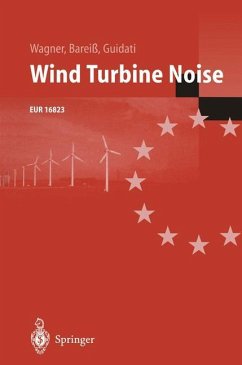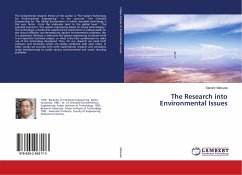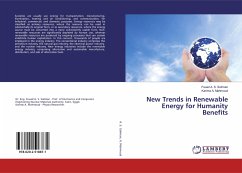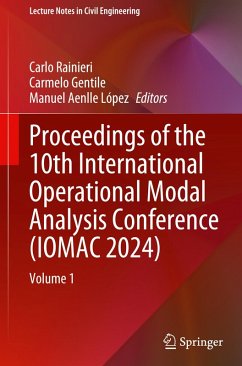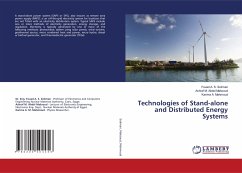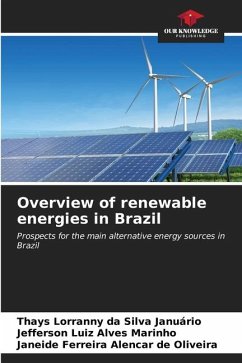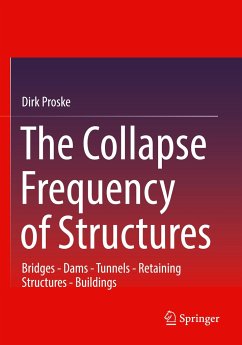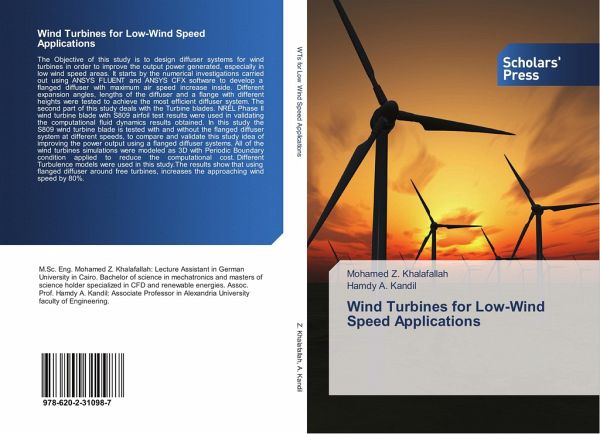
Wind Turbines for Low-Wind Speed Applications
Versandkostenfrei!
Versandfertig in 6-10 Tagen
40,99 €
inkl. MwSt.

PAYBACK Punkte
20 °P sammeln!
The Objective of this study is to design diffuser systems for wind turbines in order to improve the output power generated, especially in low wind speed areas. It starts by the numerical investigations carried out using ANSYS FLUENT and ANSYS CFX software to develop a flanged diffuser with maximum air speed increase inside. Different expansion angles, lengths of the diffuser and a flange with different heights were tested to achieve the most efficient diffuser system. The second part of this study deals with the Turbine blades. NREL Phase II wind turbine blade with S809 airfoil test results we...
The Objective of this study is to design diffuser systems for wind turbines in order to improve the output power generated, especially in low wind speed areas. It starts by the numerical investigations carried out using ANSYS FLUENT and ANSYS CFX software to develop a flanged diffuser with maximum air speed increase inside. Different expansion angles, lengths of the diffuser and a flange with different heights were tested to achieve the most efficient diffuser system. The second part of this study deals with the Turbine blades. NREL Phase II wind turbine blade with S809 airfoil test results were used in validating the computational fluid dynamics results obtained. In this study the S809 wind turbine blade is tested with and without the flanged diffuser system at different speeds, to compare and validate this study idea of improving the power output using a flanged diffuser systems. All of the wind turbines simulations were modeled as 3D with Periodic Boundary condition applied toreduce the computational cost. Different Turbulence models were used in this study.The results show that using flanged diffuser around free turbines, increases the approaching wind speed by 80%.



